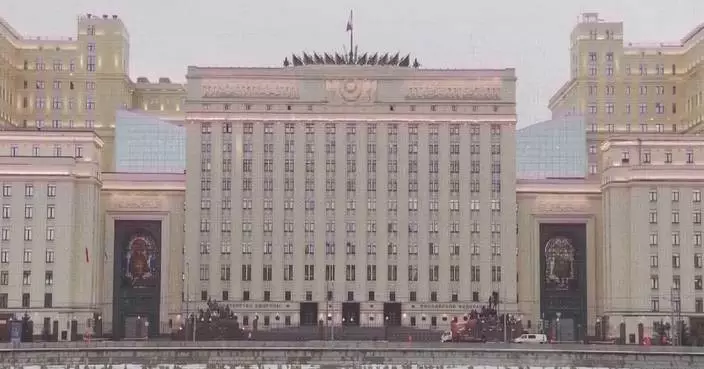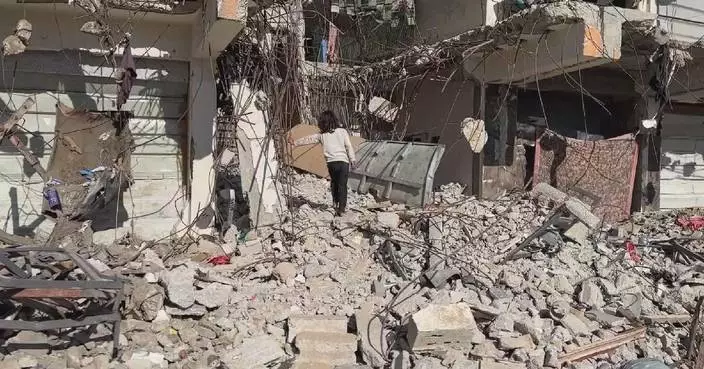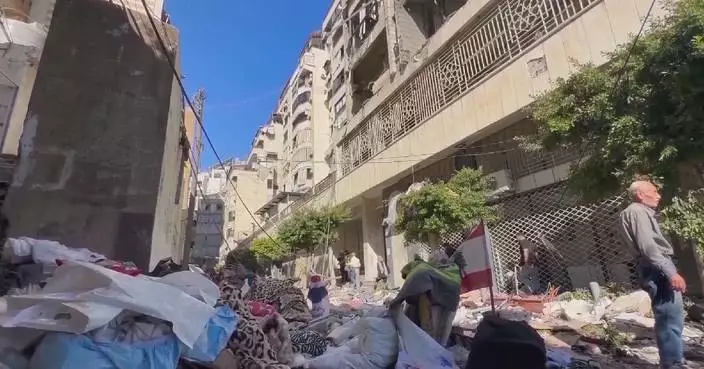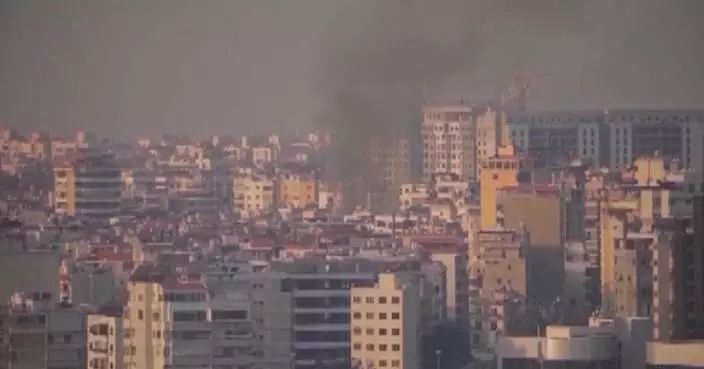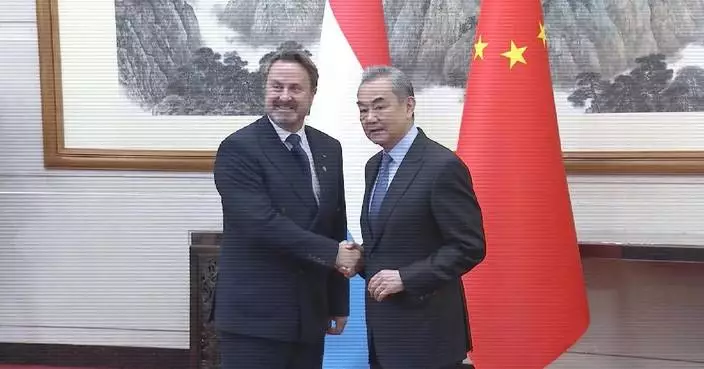A two-day meeting of foreign ministers of the Group of Seven (G7) countries opened in Italy's Fiuggi on Monday, with talks expected to focus on the situations in the Middle East and Ukraine.
The ministerial meeting is held in Fiuggi and Anagni from Monday to Tuesday and is the second hosted in Italy in 2024, after the one held in Capri in mid-April. It is also the last ministerial meeting of G7 countries this year.
Monday's meeting was hosted by Italian Foreign Minister Antonio Tajani under the country's presidency and focused on the situations in the Middle East, including the humanitarian crisis in Gaza, the situations in Lebanon, and the ongoing Palestinian-Israeli conflict.
Also invited to the meeting were Arab League (AL) Secretary-General Ahmed Aboul-Gheit and representatives from Jordan, Egypt, Qatar, United Arab Emirates and Saudi Arabia.
The ministers will meet again on Tuesday to discuss issues like the Ukraine crisis and are expected to release a communique.
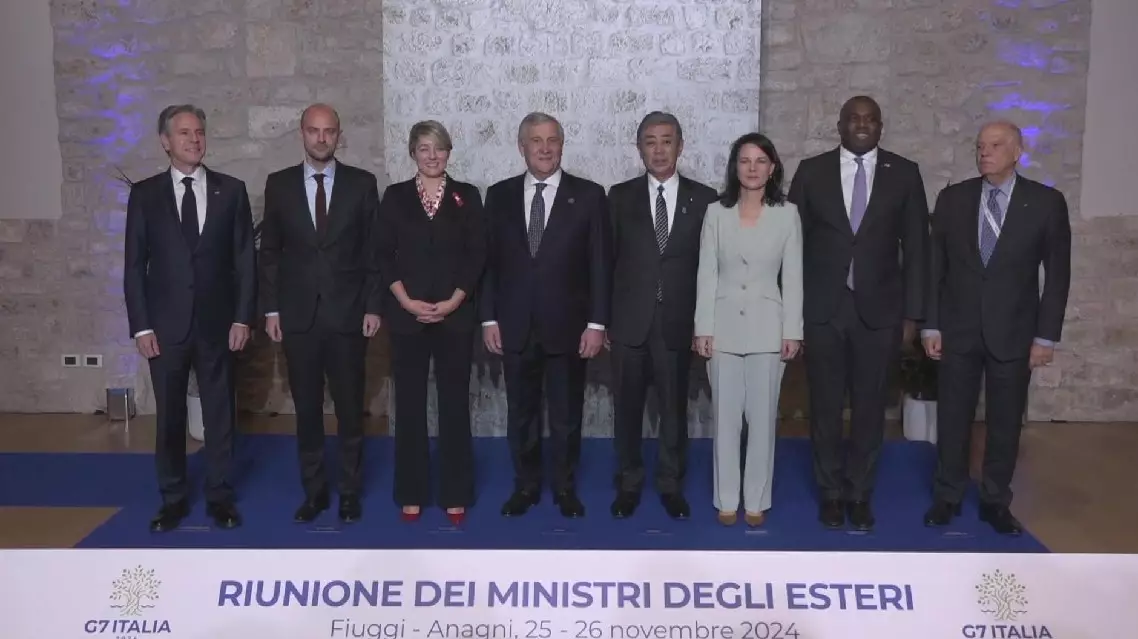
G7 Foreign Ministers' Meeting opens in Italy
Russia claimed on Monday that its forces attacked Ukraine's energy facilities, while Ukraine reported on the same day its troops were engaged in over 200 battles on the frontlines over the past day.
The Russian Defense Ministry said that the Russian army attacked Ukraine's military airport facilities and energy facilities that provide support for Ukrainian defense enterprises over the past day.
The Russian air defense system intercepted four Joint Direct Attack Munition (JDAM) bombs, shot down 45 drones, and also intercepted eight ballistic missiles from the Ukrainian side, the ministry said.
On the same day, the General Staff of the Armed Forces of Ukraine said in a war report that 217 battles took place in the frontline areas.
The Ukrainian air force, missile forces and artillery units launched strikes on 12 Russian military concentration areas, it said.
In the Kurakhovo direction in eastern Ukraine, the Ukrainian army repelled 67 Russian attacks. Meanwhile, the Ukrainian army continued its operations in western Russia's Kursk region that started in August.
In the past day, the Ukrainian air defense forces shot down 71 Russian drones used to attack Ukraine.
Russia's state-run broadcaster said Russian forces have broken through Ukraine's defense in the Donetsk region and entered downtown Kurakhove, a transportation and railway hub that holds strategic significance to the Ukrainian army.
Also on Monday, Ukrainian President Volodymyr Zelensky said that the situation in the direction of Kurakhovo is the hardest right now, and that the Ukrainian army is working hard to strengthen its positions. In addition, threats have been observed in the direction of Zaporizhzhia in southeastern Ukraine, and the Ukrainian army is keeping the situation under control, he said.
Russian media stated that the capture of Kurakhove will significantly expand the maneuver space of the Russian army and create conditions for it to attack the Zaporizhzhia area controlled by the Ukrainian army from the east and also advance further north and northwest to attack the Ukrainian flank forces in Pokrovsk in eastern Ukraine.
Russian Deputy Foreign Minister Sergei Ryabkov said Monday Russia will take all measures to ensure its fundamental security interests. Russia's recently deployed hypersonic Oreshnik missile system, which is not subject to current arms treaties, is an example of how Moscow is strengthening its deterrence capabilities, he said.
Russia is considering the deployment of medium- and shorter-range missiles to Asia in response to similar actions by the United States, Ryabkov said.
The U.S. moves to station its missiles in Asia, as well as other regions, would force Moscow to take military-technical measures, including relocating its own weapons, Ryabkov explained.
The Oreshnik missile system was used to strike a major military-industrial site that produces missiles in the Ukrainian city of Dnepropetrovsk on Nov 21.
Hours after the strike, Russian President Vladimir Putin, in a TV address, said that Russia had launched a "new conventional intermediate-range" missile with the codename Oreshnik, meaning hazel tree in Russian. It carried no nuclear warheads.
Putin said that the weapon traveled at a speed of Mach 10, or 2.5-3km per second (10 times the speed of sound), adding that "there are currently no ways of counteracting this weapon".
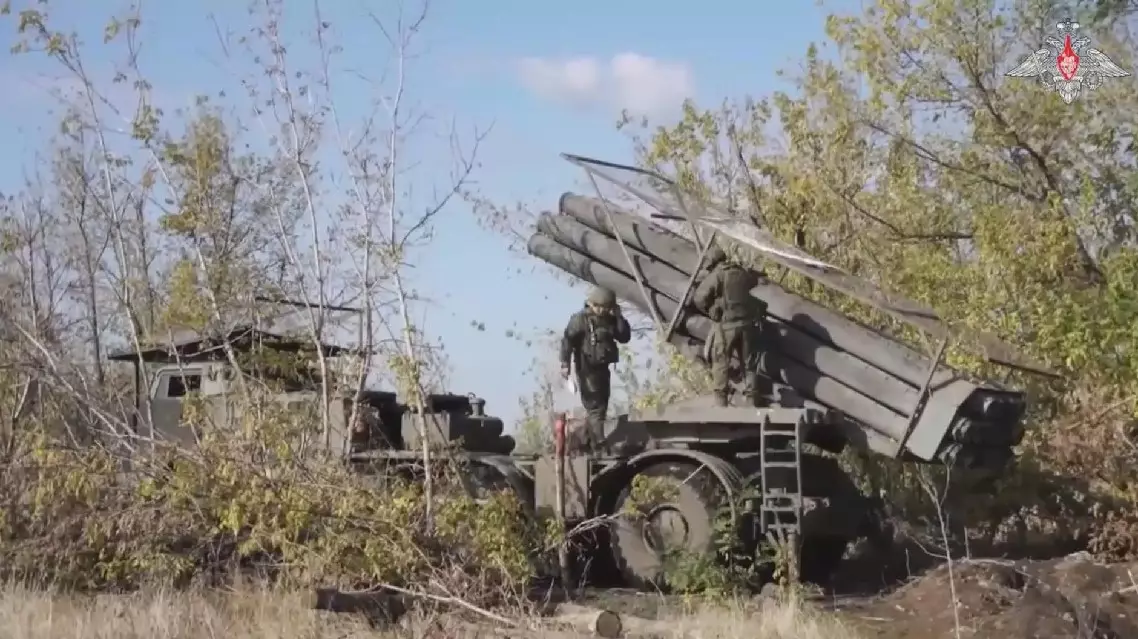
Russia claims strikes on Ukrainian energy facilities, Ukraine reports over 200 battles




